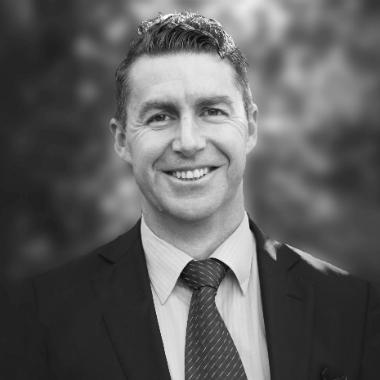Powered by MOMENTUM MEDIA
Redesigning employee experience was one of the founding principles of Rankin & Co, whose director believes that traditional firms can only offer their lawyers “cynical” engagement initiatives.

Rob Roy Rankin, the founder of local NewLaw firm Rankin & Co., has come out swinging at what it he described as “cynical” efforts to engage and retain staff under the traditional law firm model.
“It’s about creating an amazing experience for employees using long-term strategies. It is about designing a firm where employee experience (EX) is part of your DNA,” Mr Rankin told Lawyers Weekly.
Pointing to new research on human resources by the Harvard Business Review, Mr Rankin said most employee engagement initiatives deployed within the traditional law firm environment were set up to fail.
This was because such initiatives were equivalent to an organisational adrenaline shot – “short-term fixes that smell like manipulation”, he said.
Before establishing NewLaw firm Rankin & Co., Mr Rankin was an equity partner at a traditional law firm in Melbourne.
With a young family that he rarely saw and bound to his desk for more than 12 hours each day, Mr Rankin said that reached a point where he knew he had to break free.
Today, Rankin & Co. has expanded its operations from Melbourne into the Sydney and Brisbane markets with the appointment of two new principals. Recently the former chief operating officer of HWL Ebsworth and Macpherson Kelley, Rob Patterson also joined the team to assist the NewLaw firm with its growth.
“I wanted to create a virtual workplace with a culture of adventure, innovation and fun. Our lawyers were going to be the central characters in our story because only through them would we be able to drive an excellent client experience,” Mr Rankin said.
“In an environment where many firms are indistinguishable, I wanted Rankin & Co. to be very different.”
The Harvard Business Review study, led by Jacob Morgan, found that organisations who invested in EX significantly outperformed other firms, with profitability soaring four times the average and operating at significantly more productive levels.
By interviewing interviewing 150 psychologists, economists and business leaders from around the world, the study determined that the environments that mattered most to employees were cultural, technological and physical.
More than half of respondents, who were employees from 250 diverse organisations, rated their company poorly in at least one of the three essential categories.
Survey respondents worked for Fortune 100 companies and different organisations that had made the cut on different “best workplaces” lists.
Mr Rankin said that it was clear that workplaces enjoyed real gains in productivity when they looked beyond employee engagement programs and redesigned EX according to the cultural, technological and physical conditions of the organisation.
“You need to create a place where people want to go to work each day,” Mr Rankin said.
“EX is the totality of an employee’s experiences in a law firm and requires building an organisation from the ground up for the employee’s benefit.
“Traditional law firms in Australia have got it the wrong way around.”
